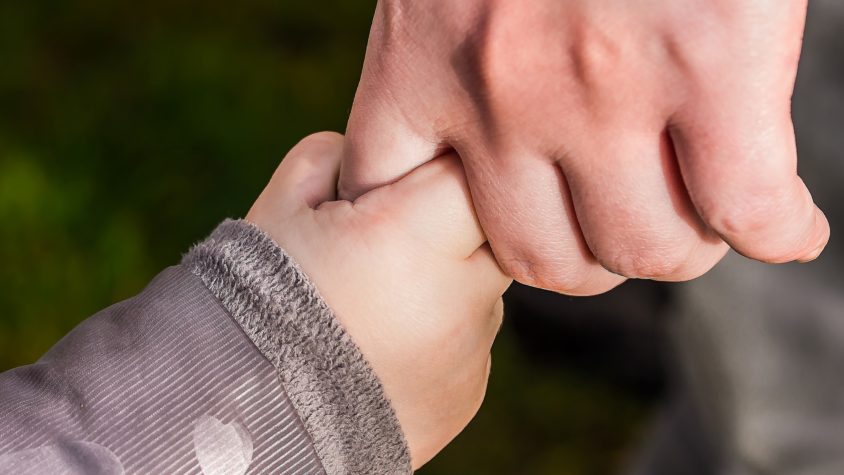By Joe Siwirski, Neuro-Oncology Nurse A diagnosis of cancer is a struggle at any age, especially so when the patient is a child. There are a number of steps that will need to be taken in order to beat this disease, and it is important to follow these steps accordingly. You can expect sporadic in...
By Joe Siwirski, Neuro-Oncology Nurse
A diagnosis of cancer is a struggle at any age, especially so when the patient is a child. There are a number of steps that will need to be taken in order to beat this disease, and it is important to follow these steps accordingly. You can expect sporadic inconsistency, constant waiting, and overwhelming
decisions. It is important that the parents be aware of these struggles ahead of time. The right preparation will allow a parent to cope with their own uncertainty, while carrying their child on the road to remission.
Your expectation is that things will go as planned. You will be given a strict schedule of chemotherapy, labs, imaging, and doctor’s appointments. You will soon learn that this schedule can change at any given moment. Sudden emergencies can drastically change it. Your child has a change in their blood work, and will now have to spend all day in the hospital. Your doctor will set out a strict treatment schedule, with the understanding that this is what must be done to effectively beat the cancer. It may seem clear and organized, but you will find that life does not always facilitate that schedule. Unfortunately, this is something a parent and child will have little to no control over. Constant communication with your doctor’s office will be important, and will help to ease confusion and stress.
The unfortunate reality of a cancer diagnosis is that your doctor will dictate your schedule. It will feel less comprised of weekdays and weekends. Days stop being Monday, Tuesday, and Wednesday. Now it’s awaiting blood draws, chemotherapy infusions, and MRIs. Test days, and result days. You measure your months by the frequency of appointments and blood draws. You are waiting for your MRI to occur on
Friday. Once Friday hits, you have to wait until Tuesday for your results. Once they are in, you have to wait for your infusion on Thursday. Your daughter has waited all month for the school dance, but she has a new pain in her abdomen. She now has to spend the entire day in the hospital waiting for test results. The waiting will never seem to end.
It is apparent at this point that each day becomes a new decision. Decisions for parents become polarized, in that each outcome may affect the physical or emotional health of your child. Is it worth sending your child on that field trip, or is their immune system too weak to be around other children? How will your child react to the isolation, if it is not safe for them to see their friends? Parents have an innate drive to protect their children, but the next round of chemotherapy will make the child sick. The parent knows that this is what is best, but will have to balance that with the perceived guilt of ‘harming’ their child. An adult can understand this, but a child simply knows how they feel. This will be a very distressing idea to overcome.
Cancer will be the hardest fight that your family will ever endure. These expectations paint a frightening, and overwhelming picture. What is most important to understand is that you can do this. Everyone who has fought, and beat this disease has shared your fear and uncertainty. You will feel that things are
not going as planned, but understand that they never do. You will feel that you haven’t made the right calls, But understand that there may not have been a right call to make. With the help of your doctors and nurses, and the support of your family and loved-ones, your child can beat their disease. Be ready for change, and tackle it with courage. You are your child’s hero, and you will give them their courage to fight. You can do this.

